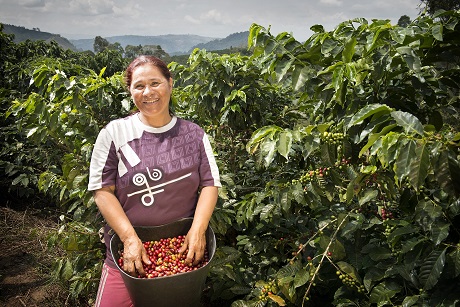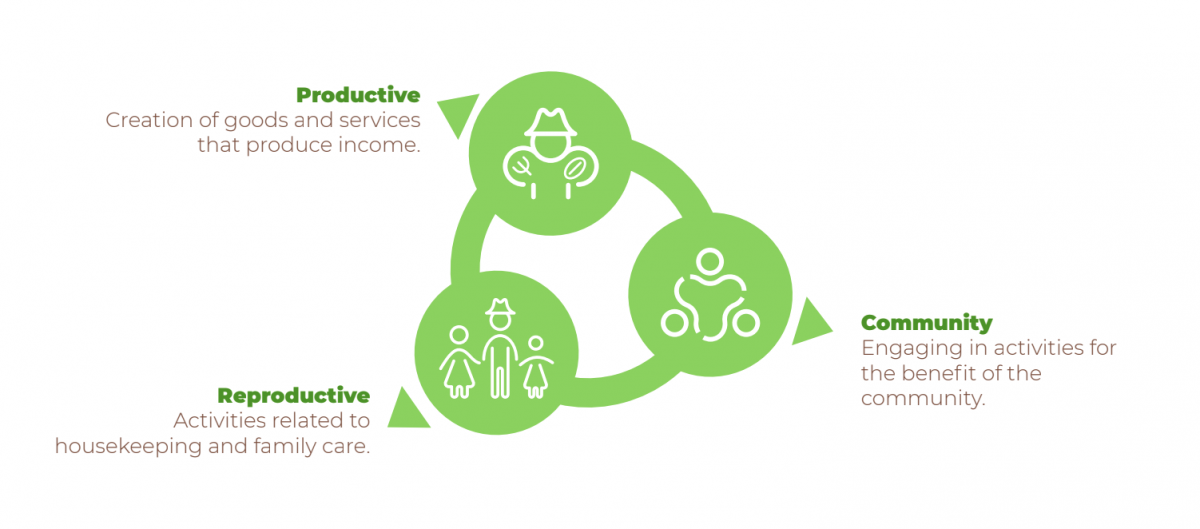
Gender equality poses a challenge for sustainability in coffee growing and, although the industry has made a number of efforts to improve this, women are still socially and economically marginalized.
The study titled Gender Equality Analysis in Colombia’s Coffee Sector is intended to identify practices implemented by organizations working to promote gender equality in coffee growing. A total of 100 coffee growers, 46 representatives of technical teams and five sustainability managers from partner organizations were engaged.
Key observations include women’s lack of access to, and control over, resources including land, income, training, technical support, and leisure time. Overall, it was observed that women’s participation in decision-making related to the “productive sphere” – the creation of goods and services – is restricted.
The study suggests it is important to have family arrangements in place that allow women to improve direct access to income and production resources. This includes technical support, microcredits, supplies and technology. It warns that if this does not happen, women will continue to earn less due to lower quality volumes in coffee production.

Another conclusion is that gender projects often end up as an “additional” element of the industry, rather than a systemic solution or formal part of the business model. In addition, the study concludes that gender stereotypes are often held by organization staff and this can lead technicians to reinforce the predominant patriarchal model among coffee farmers.
Claudia M Cardona Torres, an author of this study says:
“One of the most important recommendations to organizations is to adopt the gender approach through practices that lead to fair benefits for men and women, integrating the participation in the coffee growing, community and family spheres. Additionally, that the whole family should be engaged during farm visits, since it is a key element to promote gender equality and, additionally, improve the intergenerational connection.”
The study’s results are intended to enable agreements on a specific vision and goals within the 2020 agenda for the sector of the Sustainable Trade Platform (PCS) and the Global Coffee Platform (GCP). They are also expected to be used by partner organizations in different projects.
Download for further reading here: Gender Equality Analysis in Colombia's Coffee Sector (PDF).
